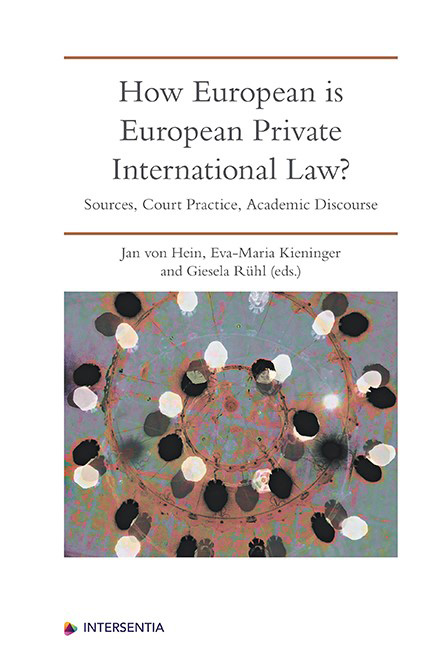National Styles of Academic Discourse and their Impact on European Private International Law: A Portuguese Perspective
Published online by Cambridge University Press: 22 December 2020
Summary
THE PROBLEM DEFINED
The contrasting national styles of academic discourse and their impact is perhaps not the most commonly debated issue in discussions about European Private International Law. Nevertheless, it is without doubt of great significance.
It seems clear, in light of Art. 81(2) of the Treaty on the Functioning of the European Union, that all aspects of Private International Law may now be subjected to harmonisation measures adopted under title V of that Treaty.
For many, the need for a European Private International Law is unquestionable and the European Union has, in the 50 years that have passed since the Brussels Convention of 1968, made great achievements in this respect.
This work is however still far from concluded. Despite the 20 or so regulations adopted so far, a set of general rules of Private International Law – a ‘Rome 0 Regulation’, as some call it –is still missing, although an embryonic version of such rules was proposed by Paul Lagarde in 2011.
Furthermore, some fields of Private International Law, such as property law, family law and corporate law, are not covered or only partly covered by European rules of Private International Law. Therefore, a considerable amount of work still lies ahead if a truly unified European Private International Law is ever to become a reality.
This is however not a merely technical problem. The unification of Private International Law in Europe will, to some extent, require the convergence of different national legal traditions.
And that is where the topic of this chapter gains unequivocal relevance. Legal traditions comprise not only different normative expressions of the law, but also different forms of presenting, discussing and solving legal problems, particularly at the academic level: in short, different styles of academic discourse.
The question thus arises as to how, and to what extent, those differences in academic styles can be a hindrance to the unification of European Private International Law.
A POLICY ISSUE: THE NEED FOR A EUROPEAN PRIVATE INTERNATIONAL LAW
Before going any further, it is useful to return to the issue of the necessity of a European Private International Law. Why do we need a European Private ternational Law at all?
- Type
- Chapter
- Information
- How European is European Private International LawSources, Court Practice, Academic Discourse, pp. 273 - 284Publisher: IntersentiaPrint publication year: 2019

